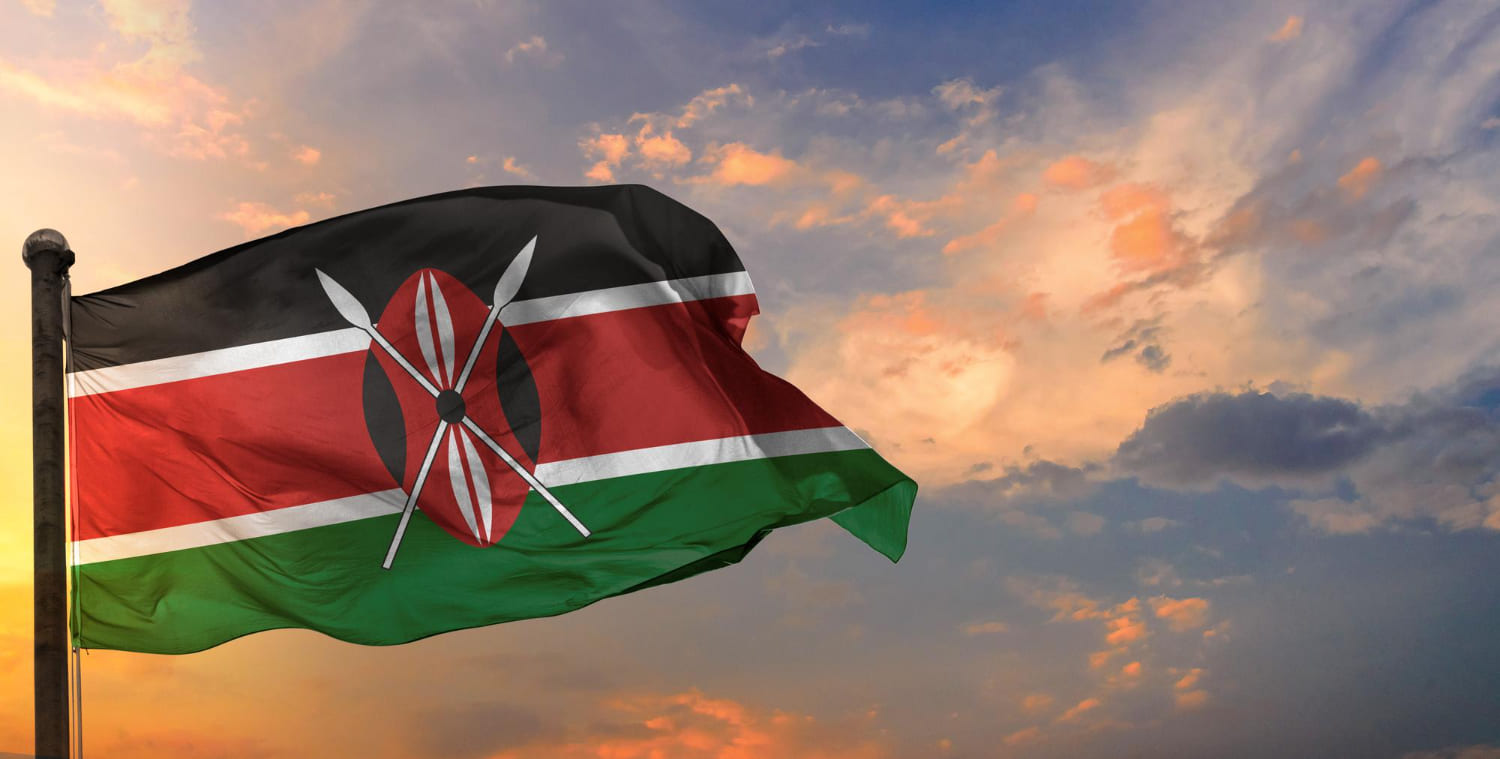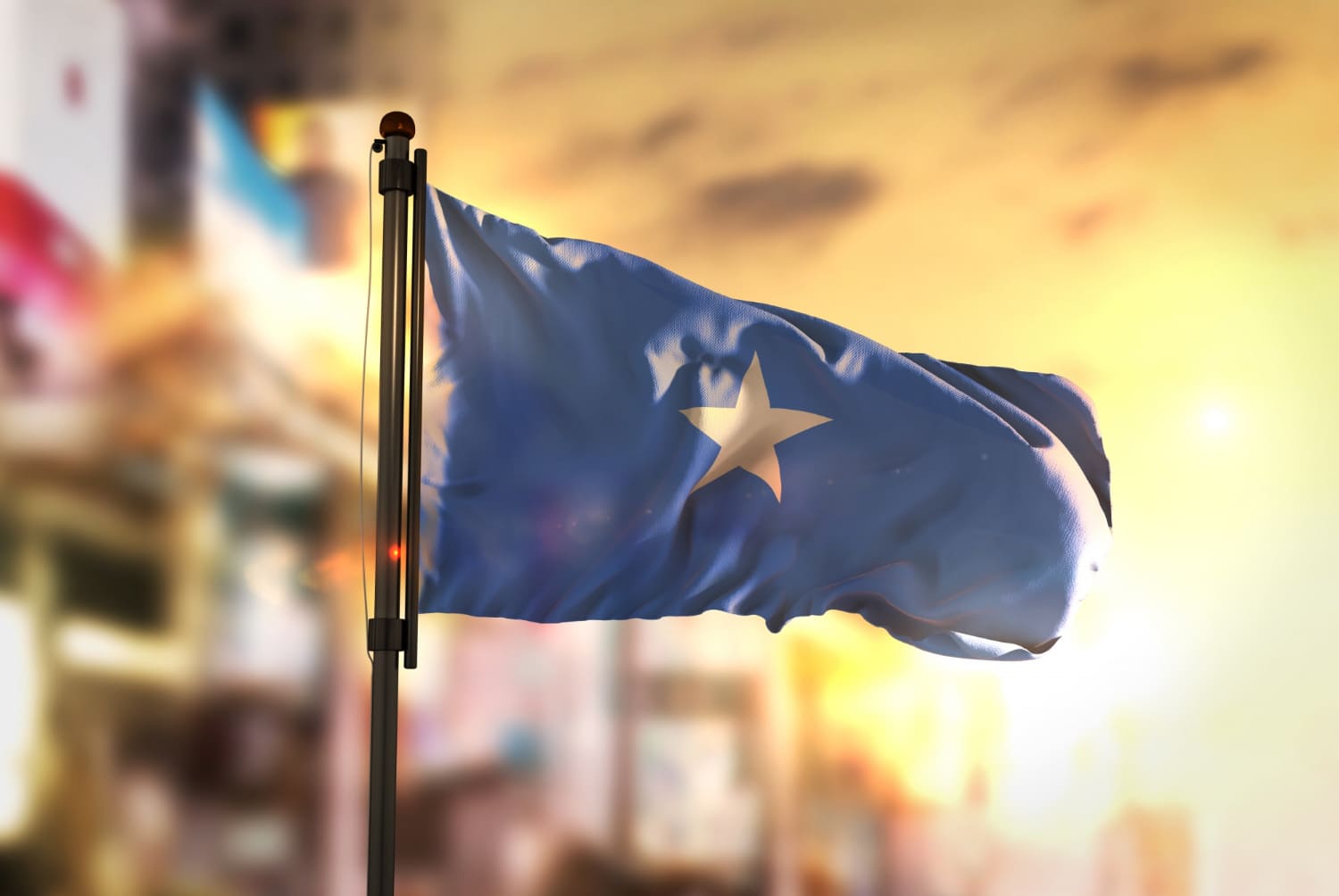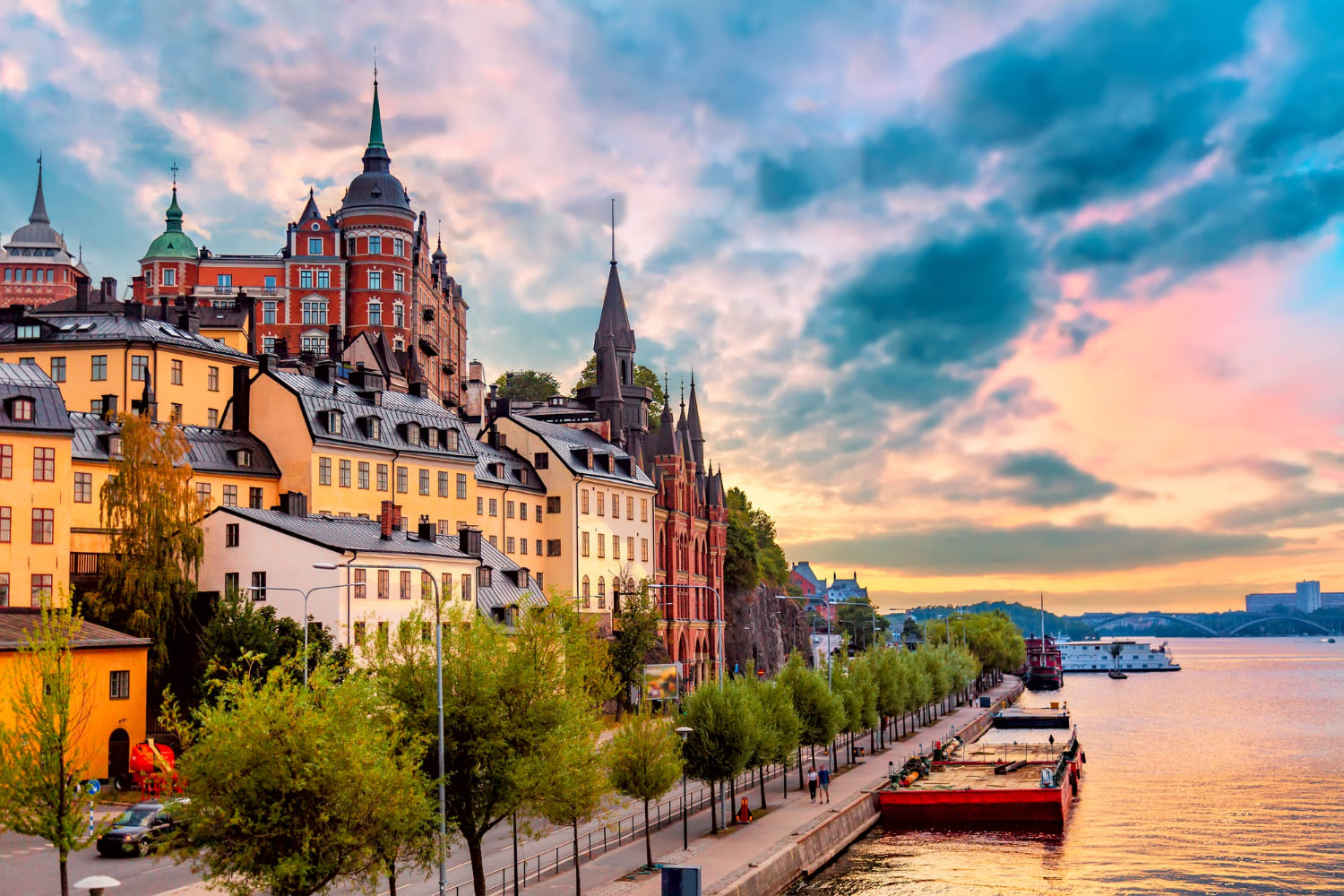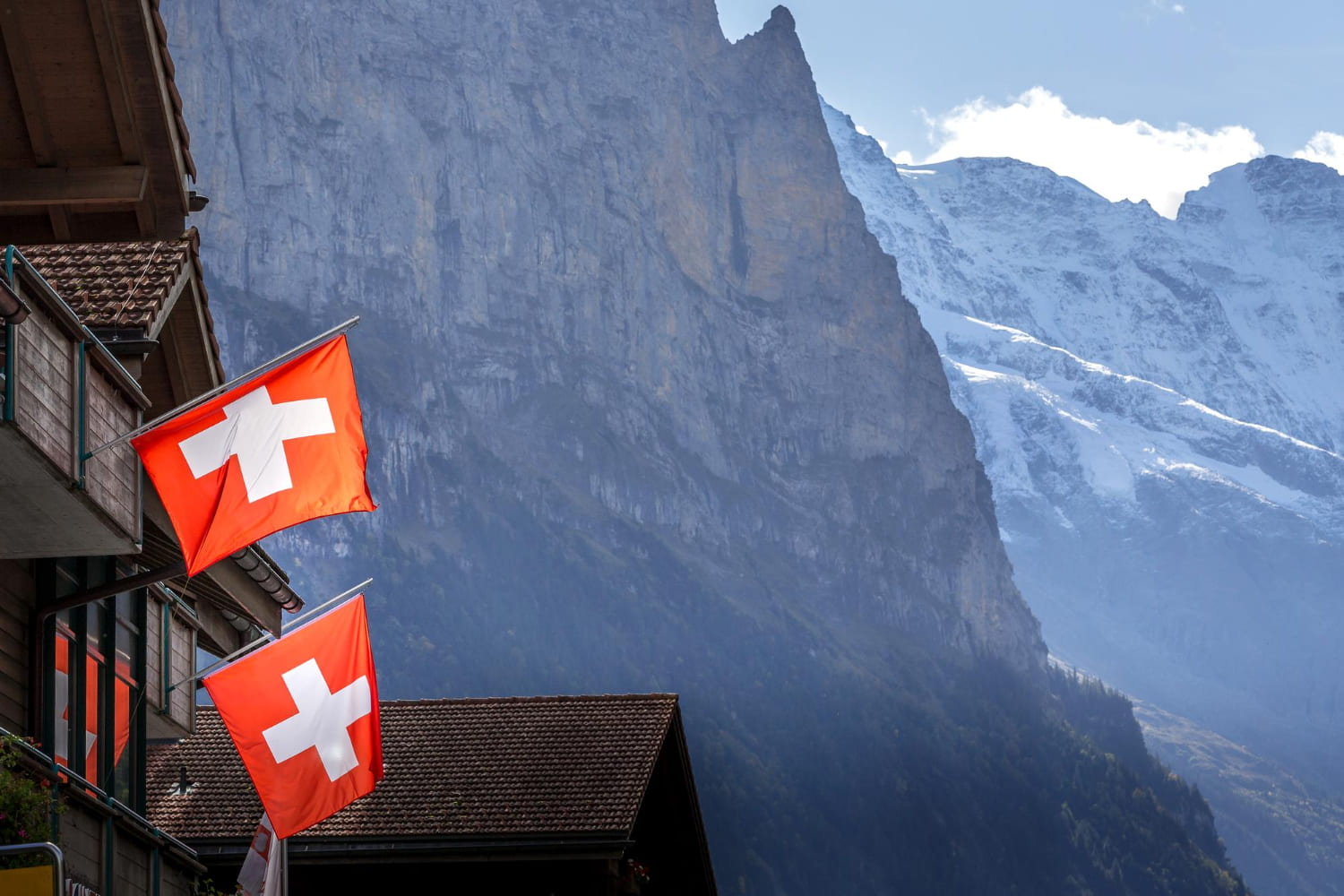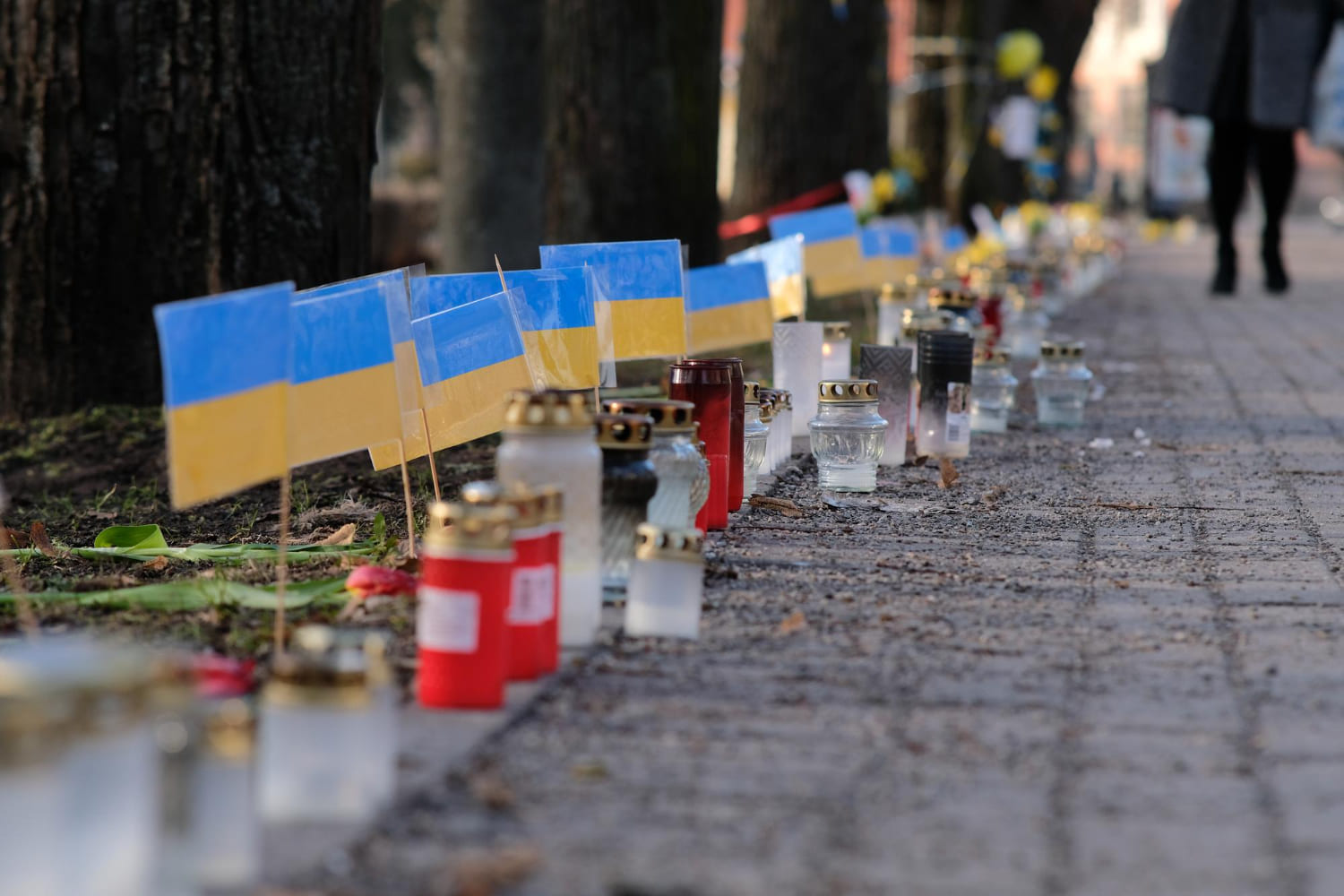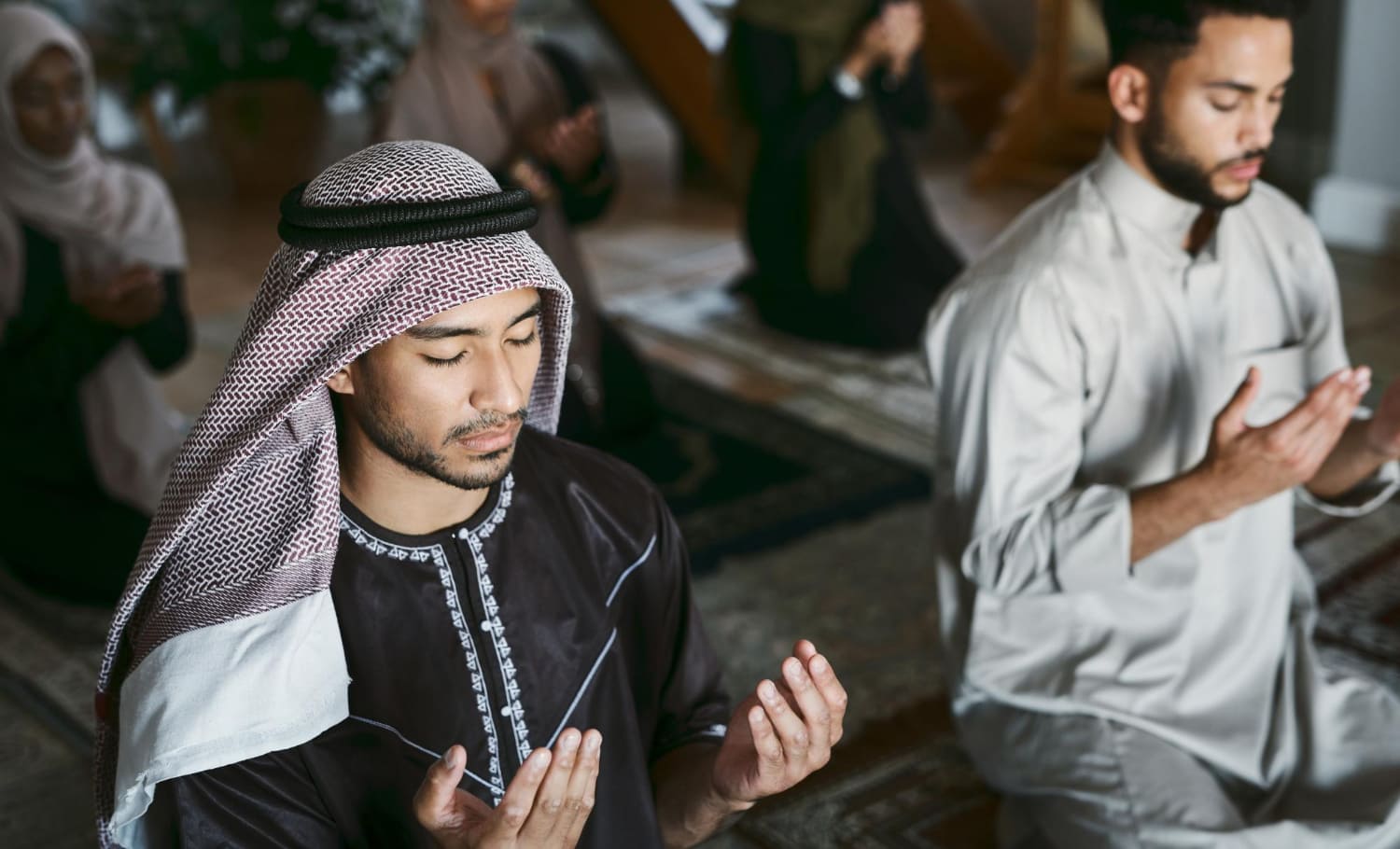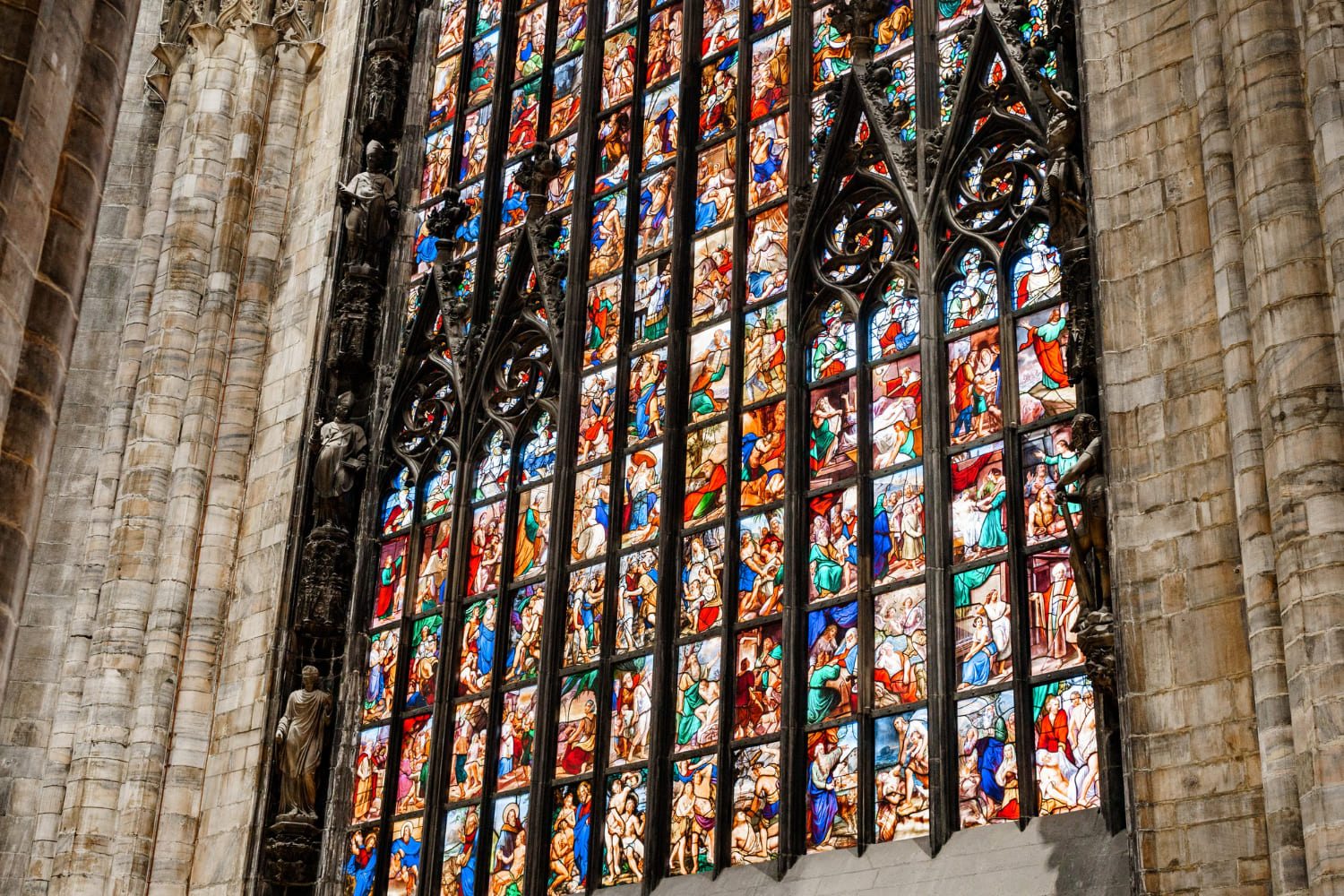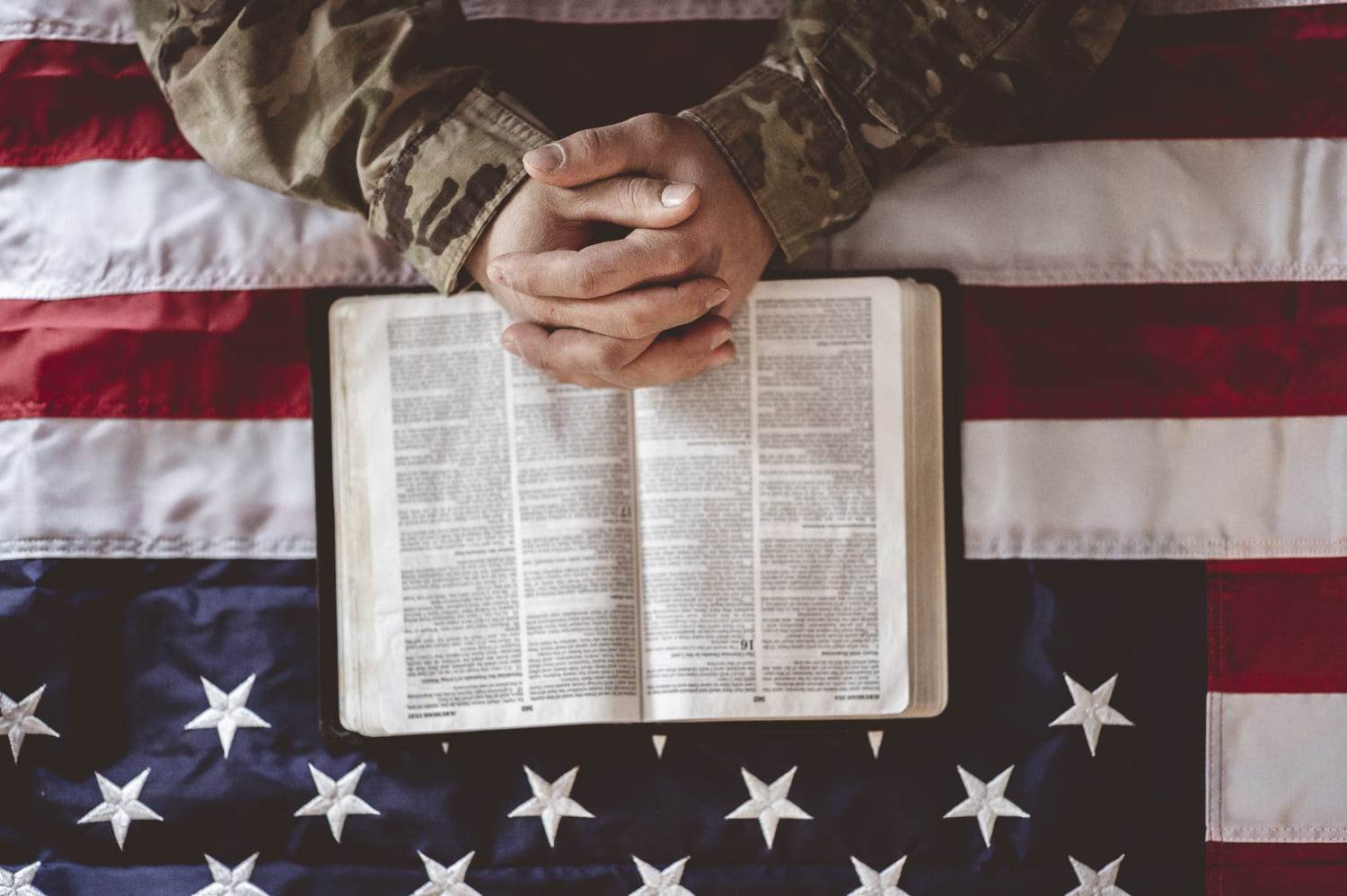Vanuatu is a small island nation located in the South Pacific Ocean. It is known for its stunning natural beauty, rich cultural heritage, and diverse religious traditions.
The people of Vanuatu follow a wide range of religious beliefs, including Christianity, traditional indigenous beliefs, and other world religions.

Christianity is the largest religion in Vanuatu, with approximately 70% of the population identifying as Protestant Christians and 12.4% identifying as Roman Catholics.
The remaining population follows traditional indigenous beliefs or other world religions, such as Islam and Baha’i.
The diversity of religious beliefs in Vanuatu is reflected in the many different churches and places of worship that can be found throughout the country.
In this article, we will provide a full list and statistics of the different religions in Vanuatu.
We will explore the history and cultural significance of these different religious traditions, as well as their current status and influence in modern-day Vanuatu.
Whether you are interested in learning more about the religious landscape of this fascinating island nation or are planning a trip to Vanuatu and want to better understand the local culture, this article will provide valuable insights and information.
- Overview of Religions in Vanuatu
- Predominant Religious Groups
- Historical Context and Religious Evolution
- Religious Demographics and Statistics
- Population Distribution by Religion
- Growth Trends and Projections
- Cultural Impact of Religion
- Influence on Customs and Traditions
- Religion and Social Norms
- Interfaith Relations and Dialogue
- Government Policies on Religious Freedom
- Community Initiatives for Harmony
Overview of Religions in Vanuatu

Predominant Religious Groups
Christianity is the predominant religion in Vanuatu, with approximately 82% of the population identifying as Christian.
The largest Christian denominations in Vanuatu are Presbyterian, Anglican, and Roman Catholic.
Protestant Christians account for about 70% of the population, while Roman Catholics account for 12% of the population.
In addition to Christianity, there are also small communities of followers of other religions, including Islam, Hinduism, and Buddhism.
However, these groups make up a very small percentage of the population.
Historical Context and Religious Evolution
Prior to the arrival of Christian missionaries in the 19th century, Vanuatu had a rich tradition of local religions and beliefs.
These traditional beliefs were based on animism, or the belief that all things, including animals, plants, and inanimate objects, have a spirit or soul.
Christianity was introduced to Vanuatu by European missionaries in the 19th century. The missionaries sought to convert the local population to Christianity and to eradicate traditional beliefs.
Over time, Christianity became the dominant religion in Vanuatu, and many traditional beliefs and practices were lost.
Today, there is a growing movement to revive traditional beliefs and practices in Vanuatu.
Many people are interested in learning about their ancestral religions and incorporating traditional beliefs into their daily lives.
This movement is seen as a way to reconnect with the past and to preserve the unique cultural heritage of Vanuatu.
Religious Demographics and Statistics
Population Distribution by Religion
Vanuatu is an archipelago made up of 13 larger islands, and approximately 70 smaller surrounding islands, each home to multitudes of diverse cultural and religious communities.
As of 2021, the estimated total population is 303,000 people, with approximately 82% of the population identifying as Christian.
Within the Christian population, the largest denominations are Presbyterian, Anglican, and Roman Catholic, each comprising approximately 28%, 15%, and 12% of the population, respectively.
Seventh-day Adventists also make up 12% of the population, while other Christian denominations, such as the Church of Christ, Assemblies of God, and the Apostolic Church, make up the remaining 15%.
In addition to Christianity, there are also small populations of followers of traditional indigenous religions, as well as Baha’is, Muslims, and members of the Church of Jesus Christ of Latter-day Saints (Mormons).
Growth Trends and Projections
The Christian population in Vanuatu has been steadily growing over the past few decades, with an average annual growth rate of 2.6% between 2000 and 2020.
However, the growth rate has been slowing down in recent years, with an estimated annual growth rate of 1.8% between 2020 and 2025.
It is projected that the Christian population in Vanuatu will continue to grow, albeit at a slower rate, in the coming years.
By 2050, it is estimated that approximately 84% of the population will identify as Christian.
However, it is important to note that these projections are subject to change based on various factors, such as migration, fertility rates, and changes in religious affiliation.
Overall, Vanuatu is a country with a diverse religious landscape, with Christianity being the dominant religion.
Cultural Impact of Religion
Influence on Customs and Traditions
Religion has a significant impact on the customs and traditions of Vanuatu.
Christianity, in particular, has influenced many aspects of daily life, including the way people dress, the food they eat, and the way they celebrate important events such as weddings and funerals.
For example, the Presbyterian Church has a strong presence in Vanuatu, and many of its followers wear traditional Scottish kilts and tartans during church services and other formal occasions.
Similarly, the Anglican Church has influenced the style of wedding ceremonies, with many couples opting for a traditional white wedding dress and tuxedo.
In addition to clothing and ceremonies, religion has also influenced the food that people eat in Vanuatu.
Many Christians abstain from eating pork and other meats, as they are considered unclean. Instead, they often consume fish and other seafood, which are seen as more pure and healthy.
Overall, religion has played a significant role in shaping the customs and traditions of Vanuatu, and continues to be an important part of daily life for many people.
Religion and Social Norms
Religion has also had a significant impact on social norms in Vanuatu.
For example, many Christian denominations promote traditional gender roles, with men being seen as the head of the household and women expected to take care of the home and children.
This has led to a patriarchal society in which women have limited opportunities for education and employment.
Similarly, many religious leaders in Vanuatu have spoken out against homosexuality and other non-traditional forms of sexuality.
This has led to a conservative attitude towards sexuality in the country, with many people feeling uncomfortable discussing or expressing their sexual preferences openly.
Despite these conservative attitudes, however, there is also a strong sense of community and social support within many religious communities in Vanuatu.
Churches and other religious organizations often provide a sense of belonging and support for their members, and play an important role in helping people cope with life’s challenges.
Interfaith Relations and Dialogue
Government Policies on Religious Freedom
Vanuatu recognizes and respects the freedom of religion enshrined in its constitution. The government does not interfere with religious practices and does not favor any particular religion.
The U.S. Department of State’s 2021 International Religious Freedom Report notes that the government generally respects religious freedom and does not tolerate religious discrimination.
The report also states that the government does not require religious groups to register, but they may do so voluntarily to receive benefits such as tax exemptions.
Community Initiatives for Harmony
Interfaith dialogue and cooperation are encouraged in Vanuatu, where religious diversity is celebrated.
The Vanuatu Interfaith Network (VIN) is a national organization that promotes interfaith cooperation and understanding.
VIN brings together representatives from various religious groups to engage in dialogue and work together on issues of common concern, such as disaster relief and environmental protection.
In addition to VIN, there are several other community-based initiatives that promote harmony and understanding among different religious groups.
For example, the Vanuatu Christian Council (VCC) brings together leaders from different Christian denominations to work on issues of common concern.
The VCC also engages in interfaith dialogue with leaders from other religious groups.
Overall, Vanuatu has a positive record on interfaith relations and dialogue.
The government and various community organizations are committed to promoting religious freedom and cooperation among different religious groups.
